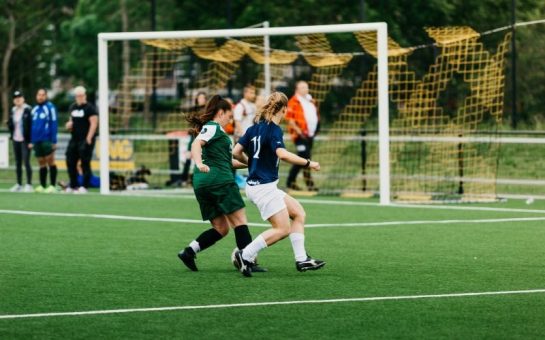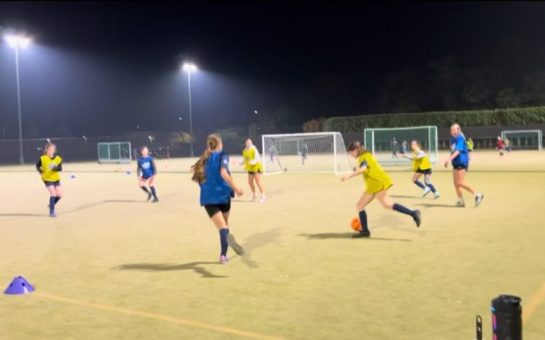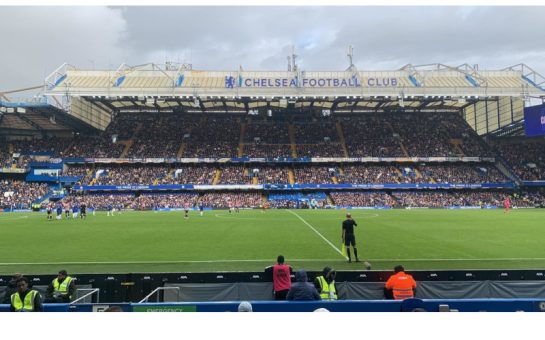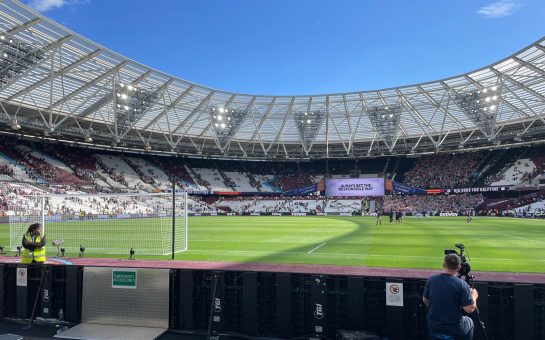The British Army will fit into Wembley Stadium by 2018, with 10,000 seats left over. In a shrinking military landscape, is the poppy still relevant in 2017?
This evening, England football team face Germany at Wembley Stadium. Both teams will wear black armbands adorned with a red poppy and wreaths will be laid before a silence. The stadium screens will read ‘Football Remembers’.
The Royal British Legion’s dirctor of remembrance and marketing, Gary Ryan, said: “We are delighted both sides in this international match have decided to wear the poppy as a symbol of respect to the human cost of conflict and hope for a peaceful future.
“Sport is a powerful vehicle to underline that message.”
More than half of England’s 21-man squad are under 25. A Consumer Intelligence survey found that one in five under-25s will not wear a poppy this year, their main objection being that they feel bullied into supporting the appeal.
Chief executive of Consumer Intelligence Ian Hughes said: “The Poppy Appeal commands widespread support and raises huge sums but not everyone agrees with it or backs it.
“However, tolerance of those who oppose poppies is high, with most people accepting it is a matter of personal choice.”
The Poppy Appeal accounts for almost a third of the Legion’s annual fundraising, with 300,000 volunteers raising £47.6 million in 2016 to help the estimated 2.5 million veterans in the UK.
“To the modern generation, the RBL is seen as the charity of World War One and Two,” says Colonel Angus Taverner, from Oxford, who served in the Army for 31 years.
“The Legion has failed to hook into the current generation. It’s seen as being for the old boys, not the 25-year-olds who have just come home.
“The Falklands War, Sierra Leone, even Iraq – it’s already history. Even Afghanistan is slipping very quickly into the rear-view mirror in public consciousness.
“This is why the Poppy Appeal is important. It’s a national day, and every year everything comes to a slight halt.”
Speaking at London’s Imperial War Museum last weekend, Guardian associate editor Martin Kettle said: “The intensity and importance of the poppy has risen and fallen at various points. My sense is that we are in an era where poppy culture is stronger.”
The London area has the lowest proportion of people wearing a poppy in the country. ‘The poppy in 2017: to wear or not to wear?’ was a rare opportunity for the public to actually see a debate on a topic where clarity is often lost in Twitter mentions and soundbites.
On the lecture panel was Luke Sinnott, who lost both legs on patrol as a Royal Engineer Search Advisor in Afghanistan in 2010 when he stepped on and detonated an IED. He won two gold medals and a silver at this September’s Invictus Games in Toronto.
Sinnott rejects the political discourse surrounding the poppy. He wears two as a matter of duty.
“It was part of our dress uniform in the military. I could give a mate one if he lost his,” he said.
“It’s non-political for us. There is no debate. It’s a very pure thing.
“The Royal British Legion has no different agenda. We need to stop creating more around it.
“As a military person, the red poppy will always be what I prefer to put on my chest.”
“The white poppy means nothing to us, but people should be free to wear what they want.”
The Peace Pledge Union, the UK’s oldest secular pacifist organisation, has sold 97,500 white poppies so far this year.
PPU co-ordinator Symon Hill said: “We’re not trying to outsell red poppies. White poppies are not a commercial operation.
“We wear them because they represent remembrance for all victims of all wars, both civilians and members of armed forces, of all nationalities, as well as a commitment to peace and a rejection of attempts to celebrate or glorify war.
“Of course, many red poppy wearers share these values. However, the Legion uses increasingly pro-war rhetoric, suggesting that all British troops who have died in war have died ‘for freedom’, an absurd claim.”
The Poppy Factory produces more than five million red poppies for the Legion every year.
This afternoon, author Nick Rippington tweeted: “Something ironic about the fact England will wear poppies today. Some people risk their lives for their country, others won’t risk a groin strain.”
Despite ebbs and flows in the symbol’s popularity, it remains a constant for the British military.
“The poppy comes out once a year but everyday I live through what I remember about that conflict,” says Sinnott.
“In the military, a poppy is put on a coffin at any time of year.”




